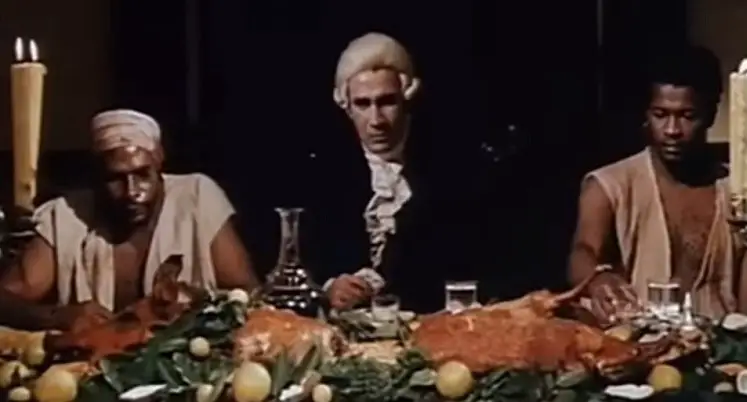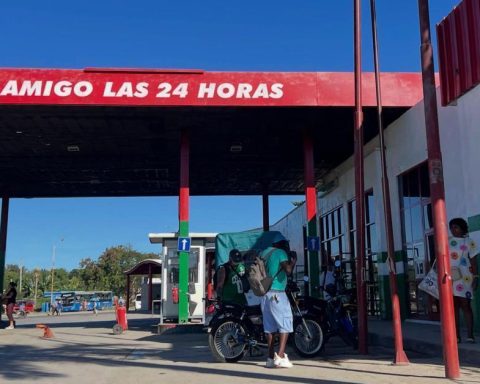MADRID, Spain.- Based on the book The wit, of the Cuban historian Manuel Moreno Fraginals, in 1976 the filmmaker Tomás Gutiérrez Alea premiered the film The Last Supper.
The film, winner of the Grand Prix of the Portuguese Film Festival (1978) and the Biarritz Film Festival (1979), addresses the issue of slavery in Cuba during the Spanish Colony and the manipulation of religion by the ruling class.
One Holy Thursday, at the end of the 18th century, in a Cuban sugar mill, a very religious count from Havana gathers twelve slaves and washes and kisses their feet. He then invites them to dinner and during dinner he tries to justify with the Catholic religion the exploitation to which he has subjected them. The slaves, convinced of the count’s honesty, decide not to work the next day. The count reacts with a great repression.
The feature film, which featured performances by Nelson Villagra, Samuel Claxton, Mario BalmasedaIdelfonso Tamayo and José Antonio Rodríguez, among others, reflects “a critical moment in the sense that there is a worsening of slave exploitation,” Gutiérrez Alea pointed out in an interview with The country.
“The dinner sequence, which lasts fifty minutes, shows the count in a gesture of humiliation before the slaves, whom he washes. He gets drunk with them and comes to believe that the walls of hatred that separates the two classes will come to an end. When he is sober, he gets scared of the situation and goes to his villa. The slaves understand that they can sit at the lord’s table and they rebel. The count has to assume the function of the foreman and he assumes it. In short, he prefers not to go to heaven (chaplain’s proposal) and defend his sugar, earthly interests, ”explained the director.
Although Queen Isabella the Catholic issued a decree prohibiting slavery in the year 1500, the colonizers in Cuba did not respect this law and kept the Taínos enslaved first and then the Africans brought to the island to work, mainly in sugar production.
On February 18, 1880, a law was issued from the Gaceta de Madrid that ended the state of slavery in Cuba. However, on this occasion it was not eradicated either, since the law included aspects that slowed down its effectiveness for a few years. Slavery in Cuba was abolished on the island by royal decree in October 1886.

















